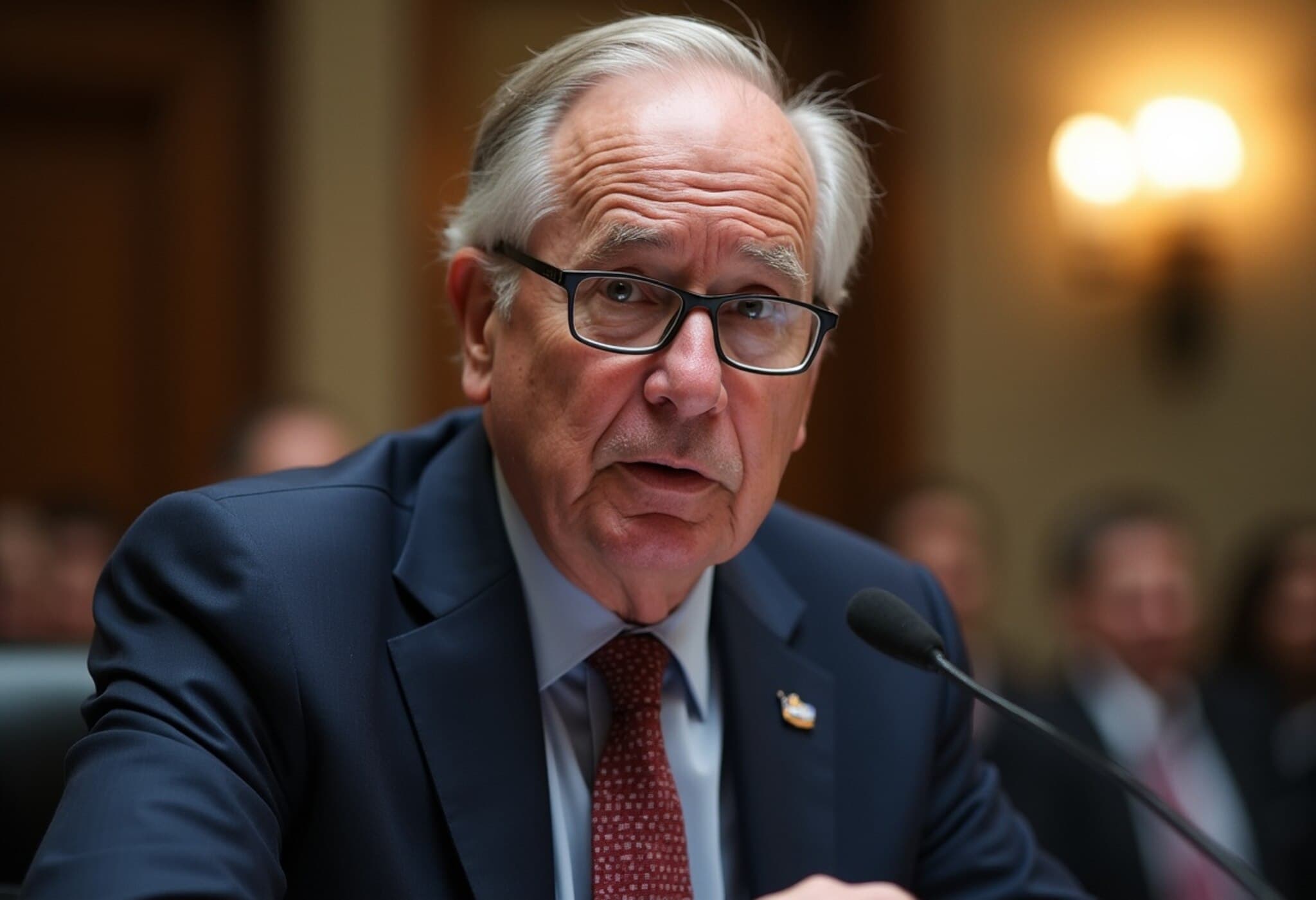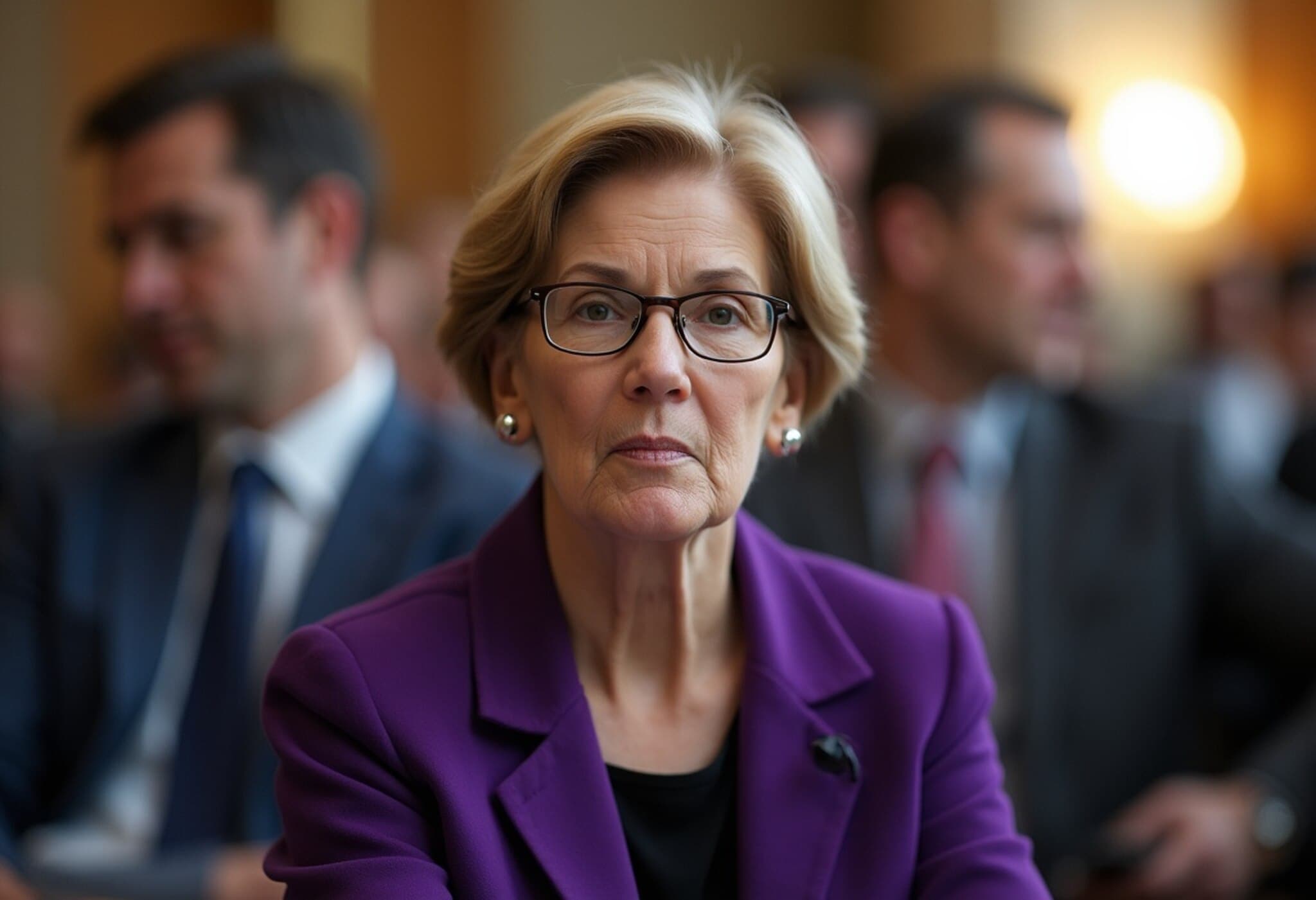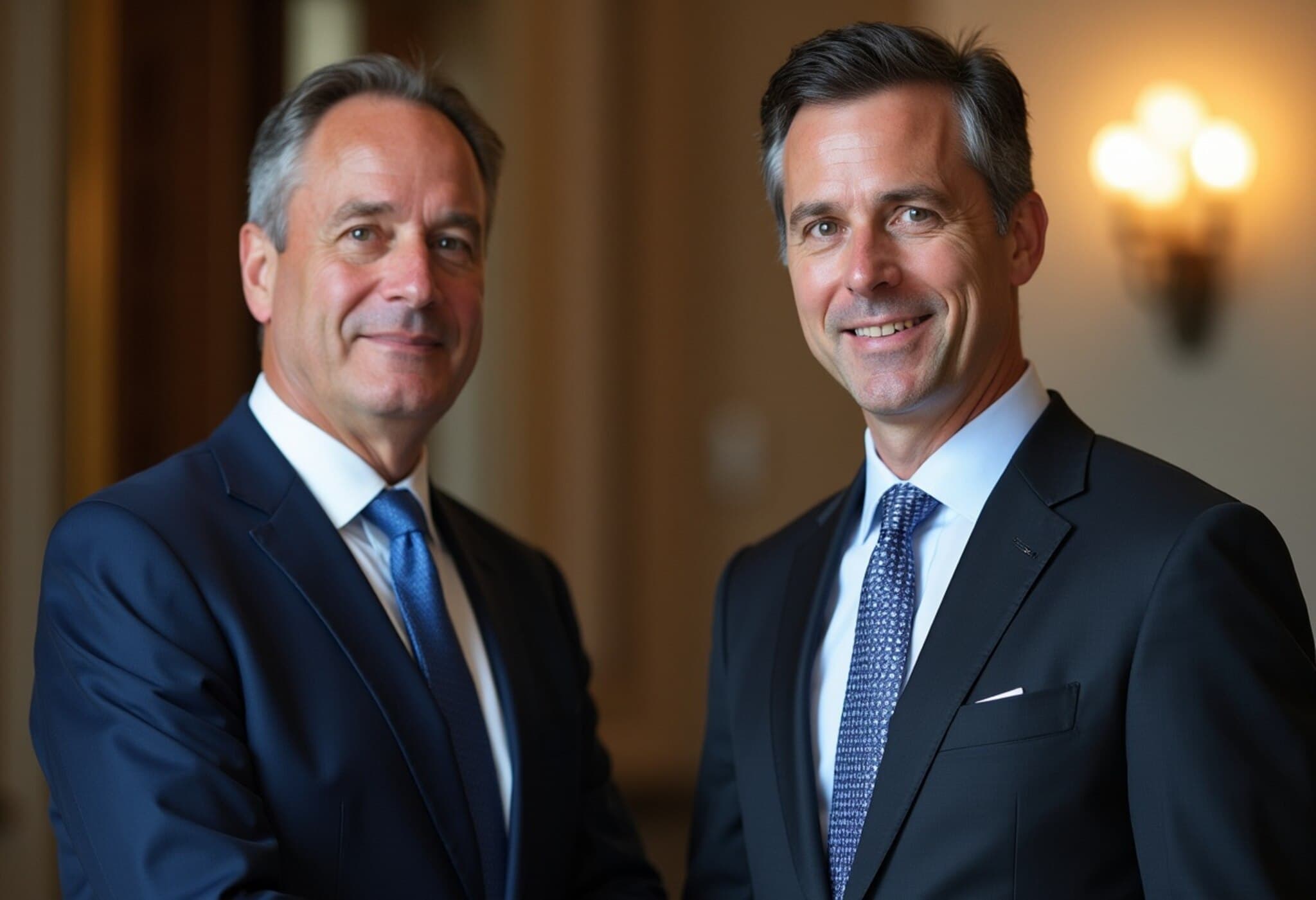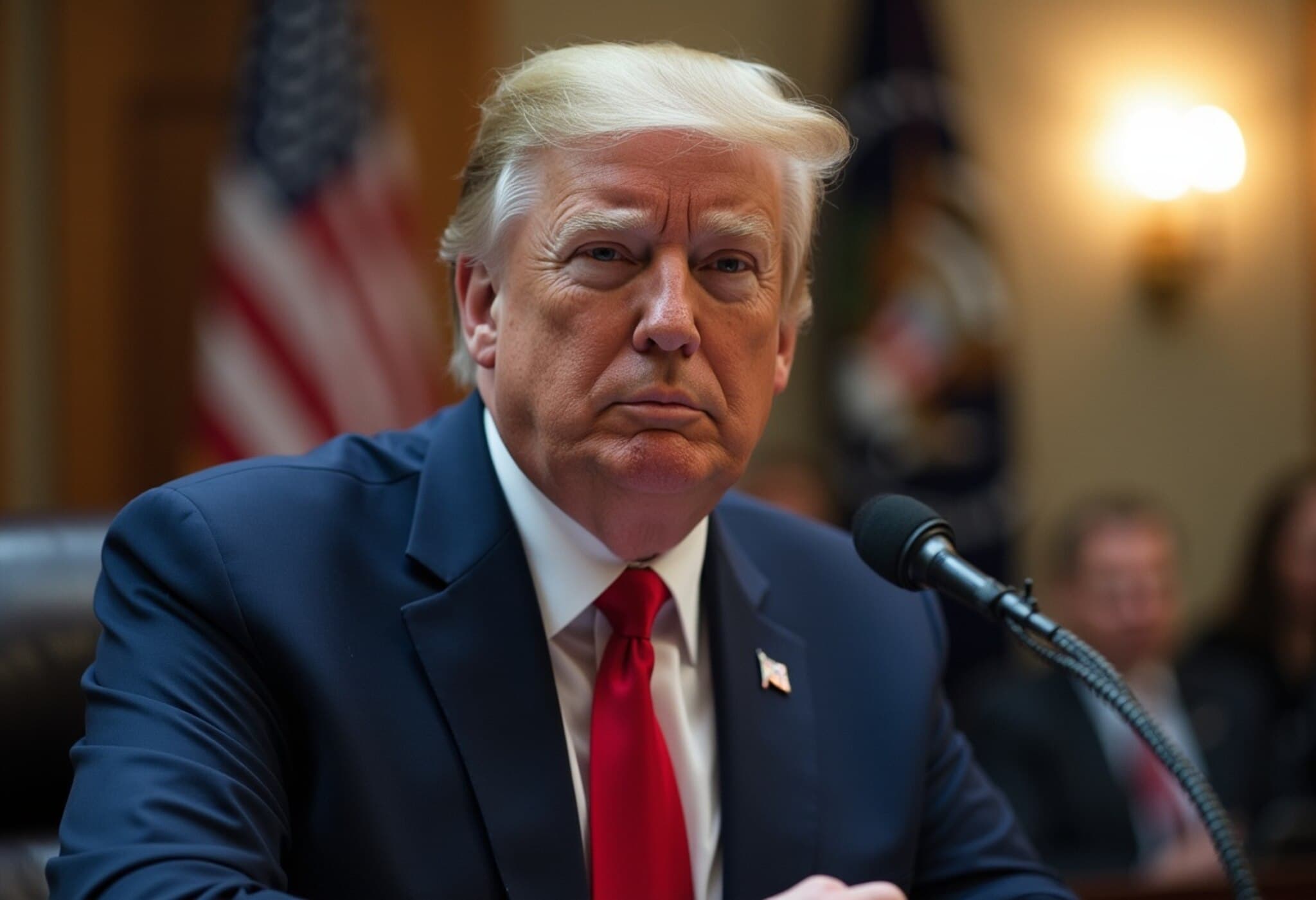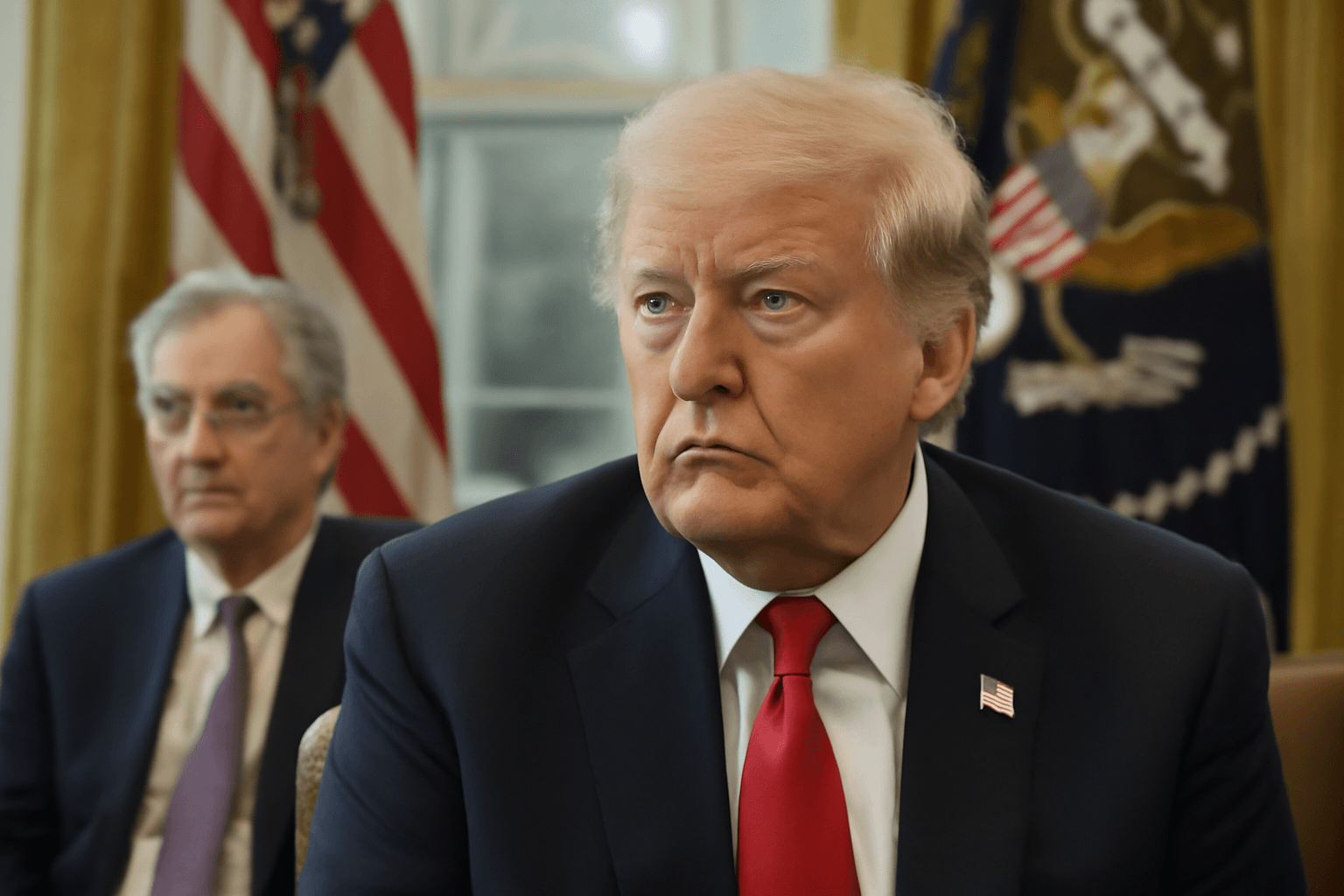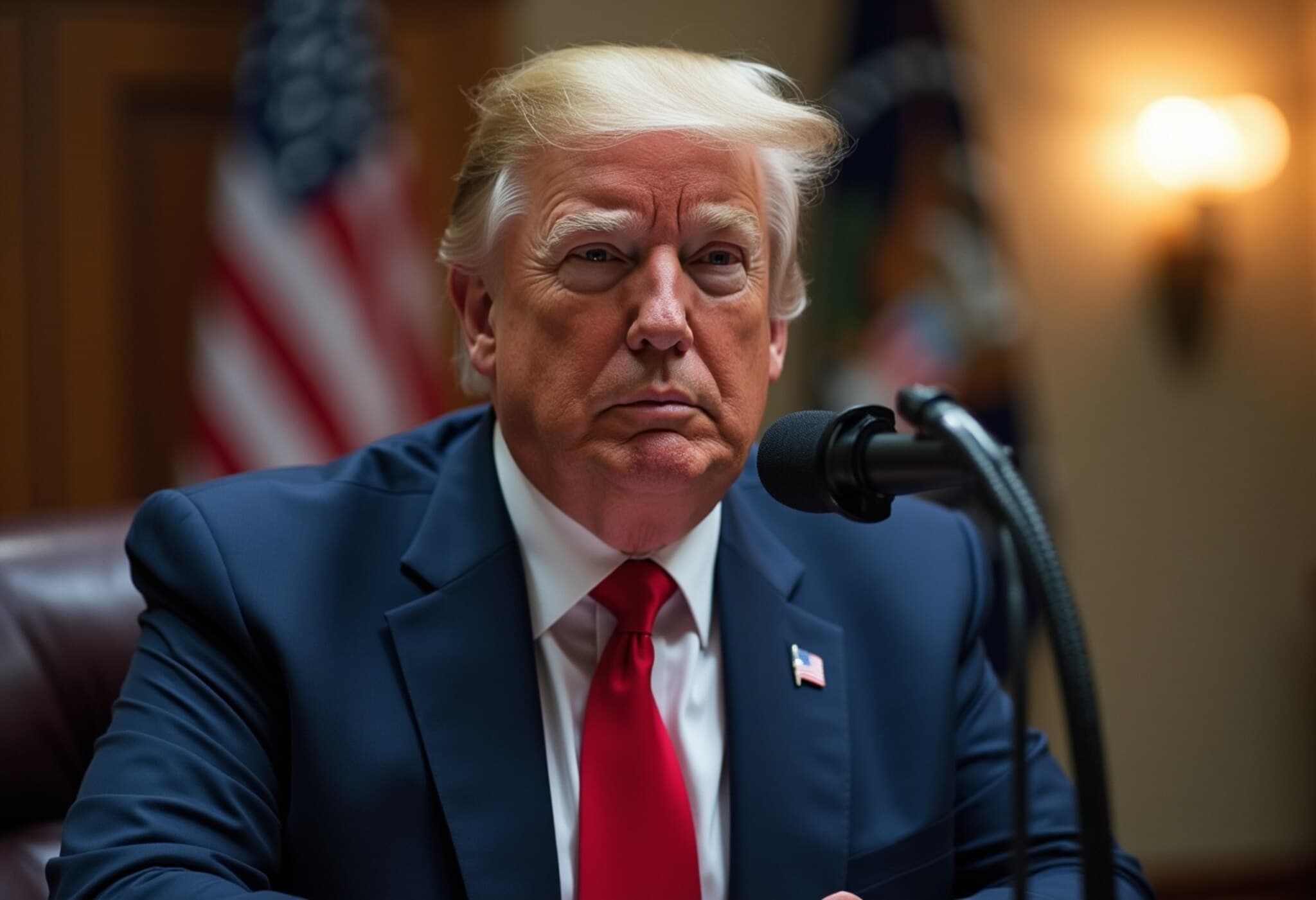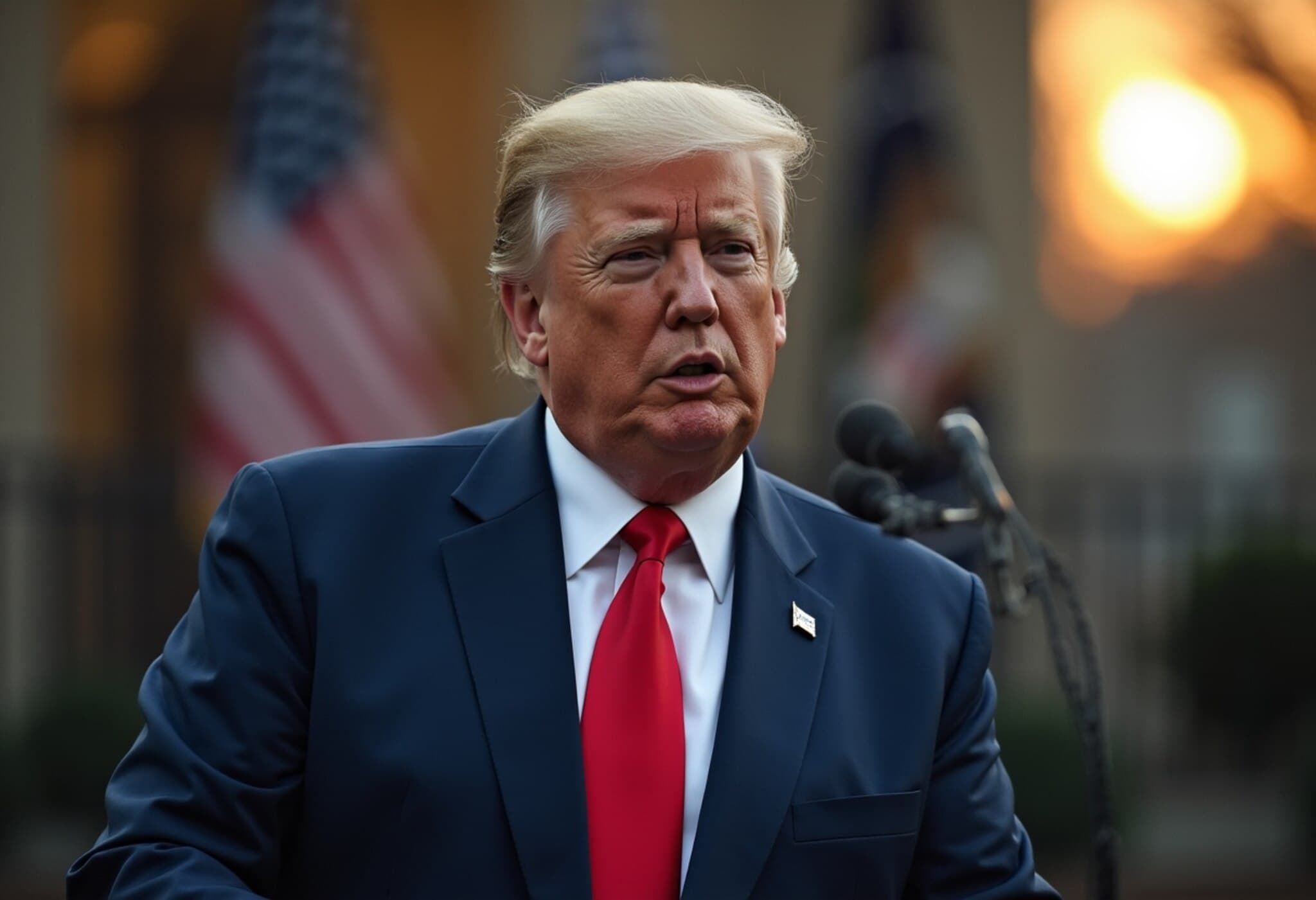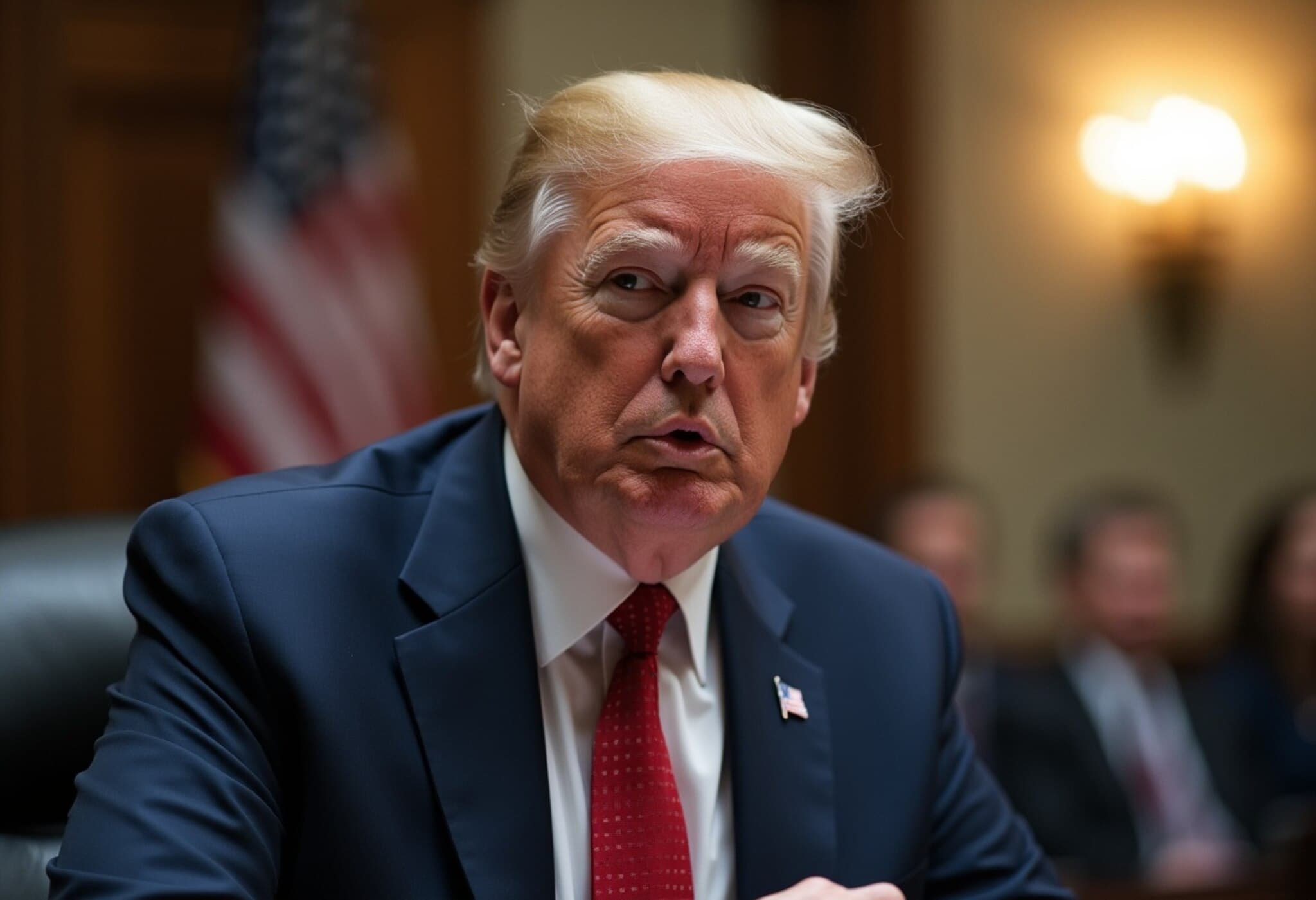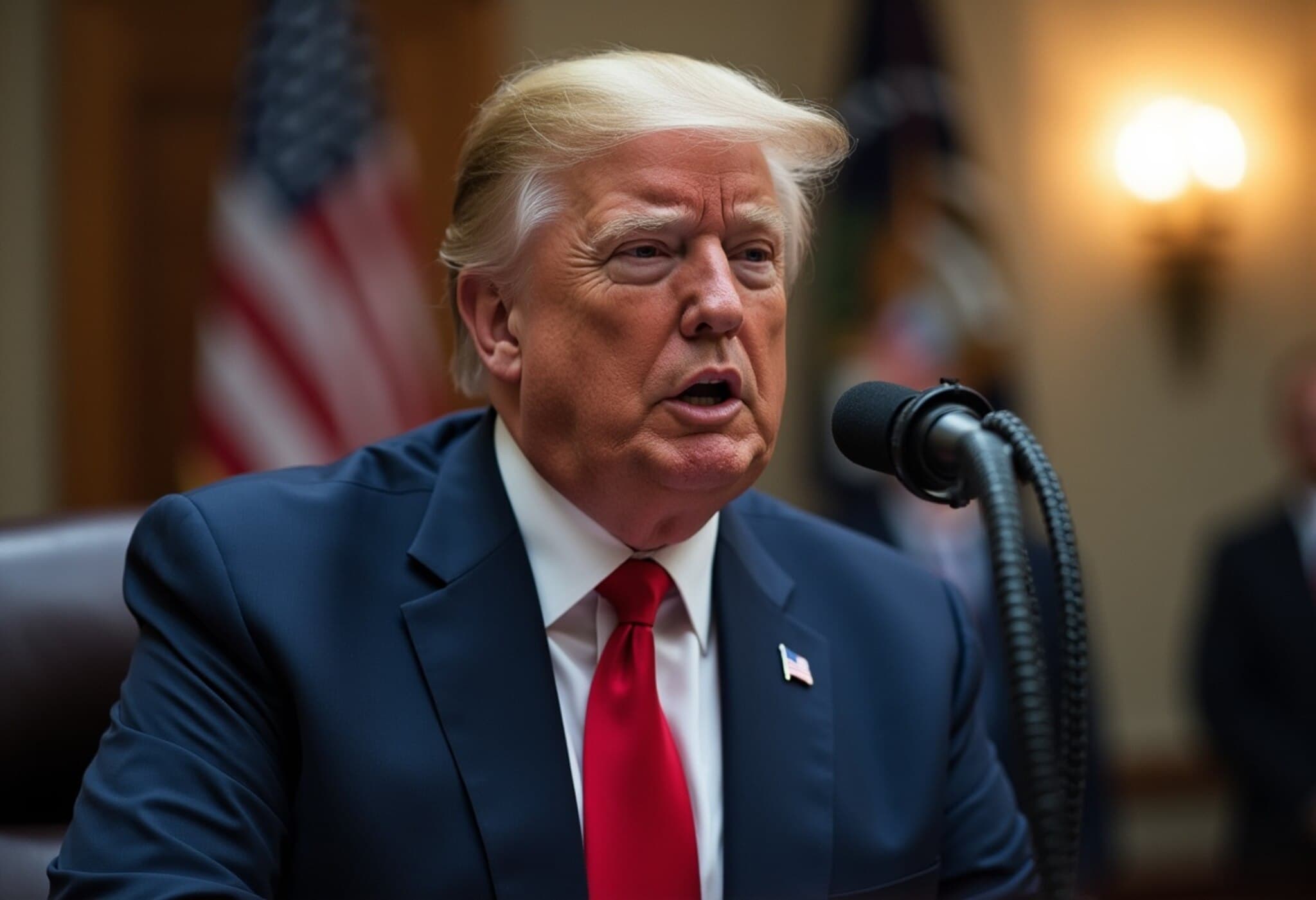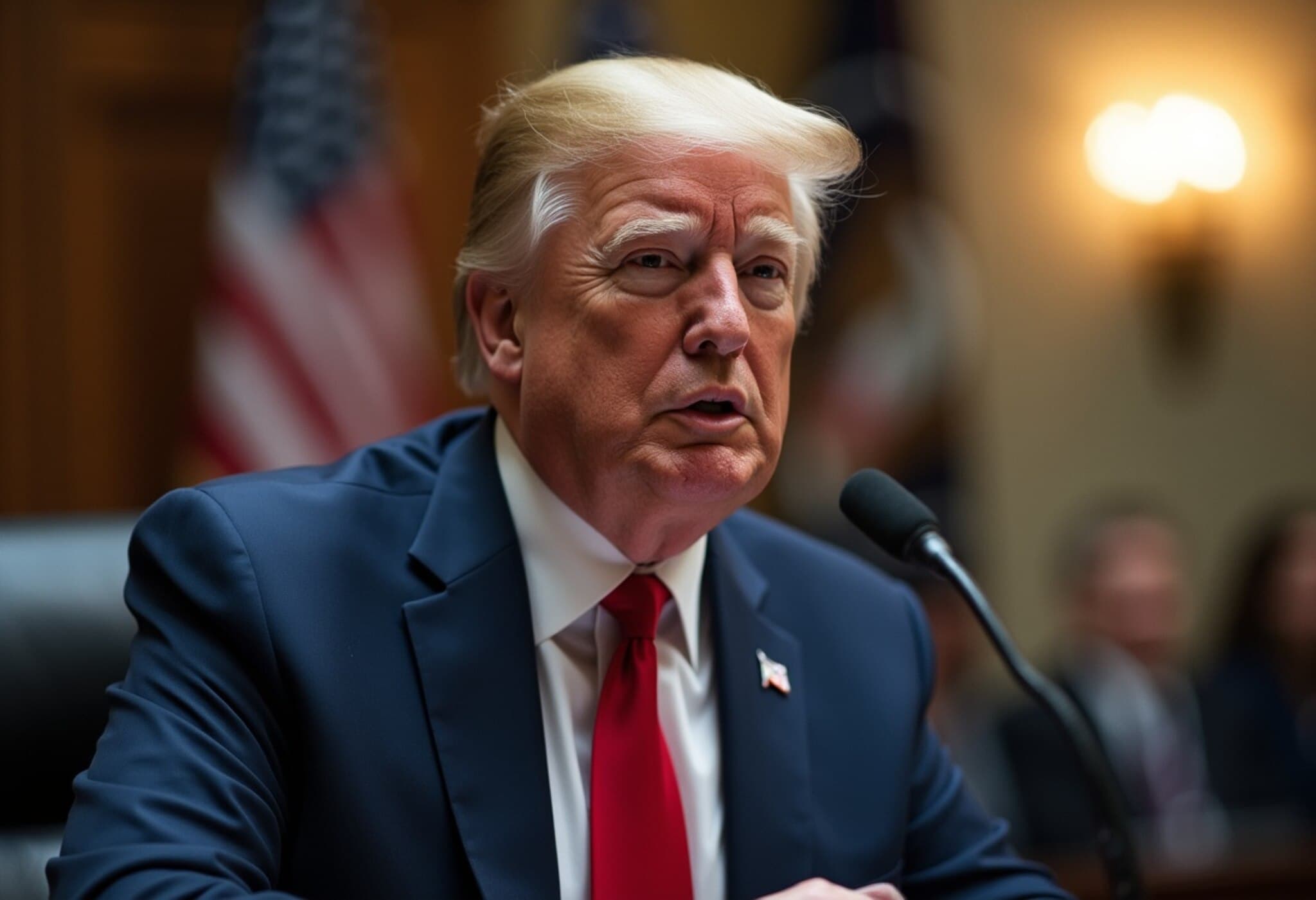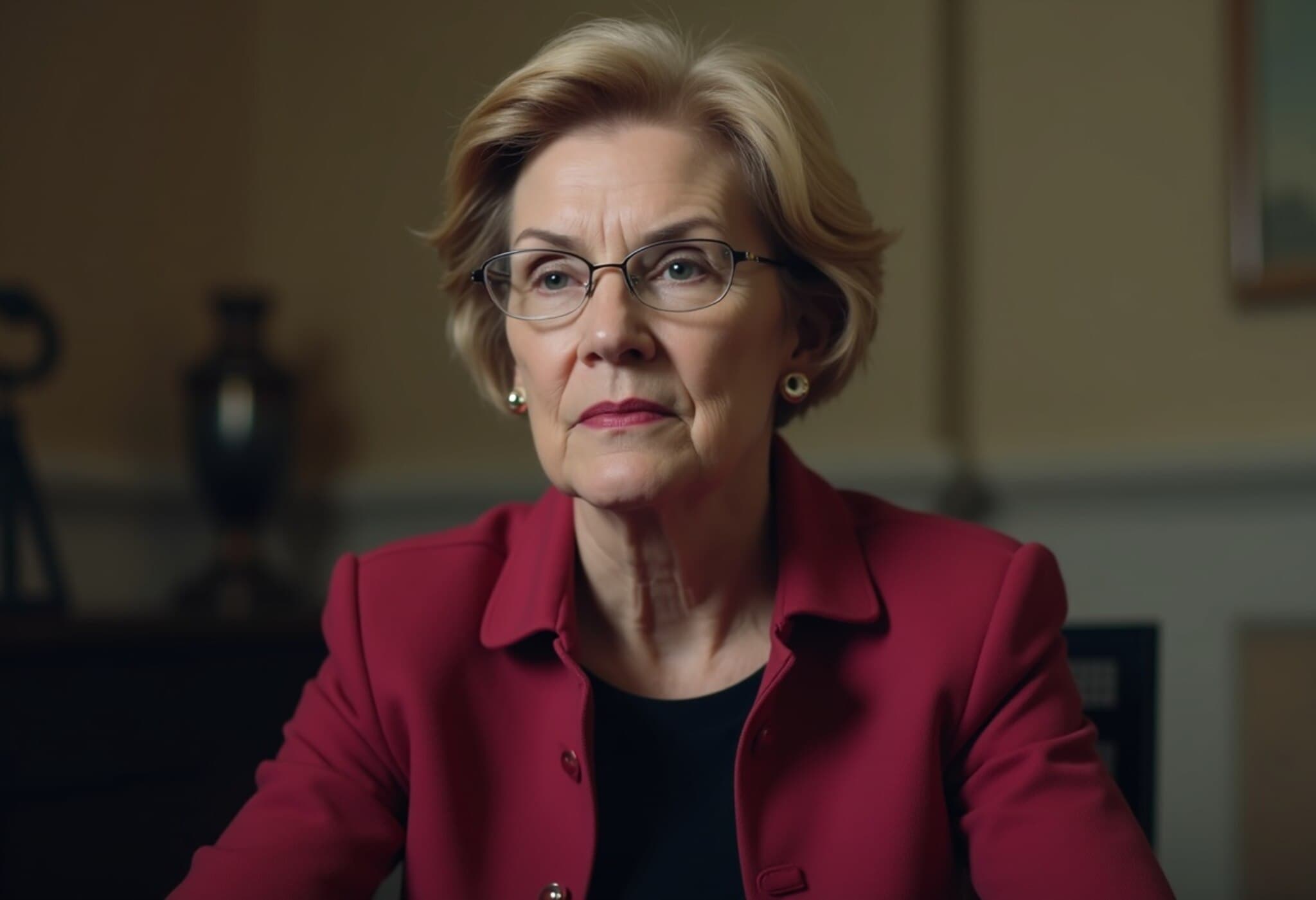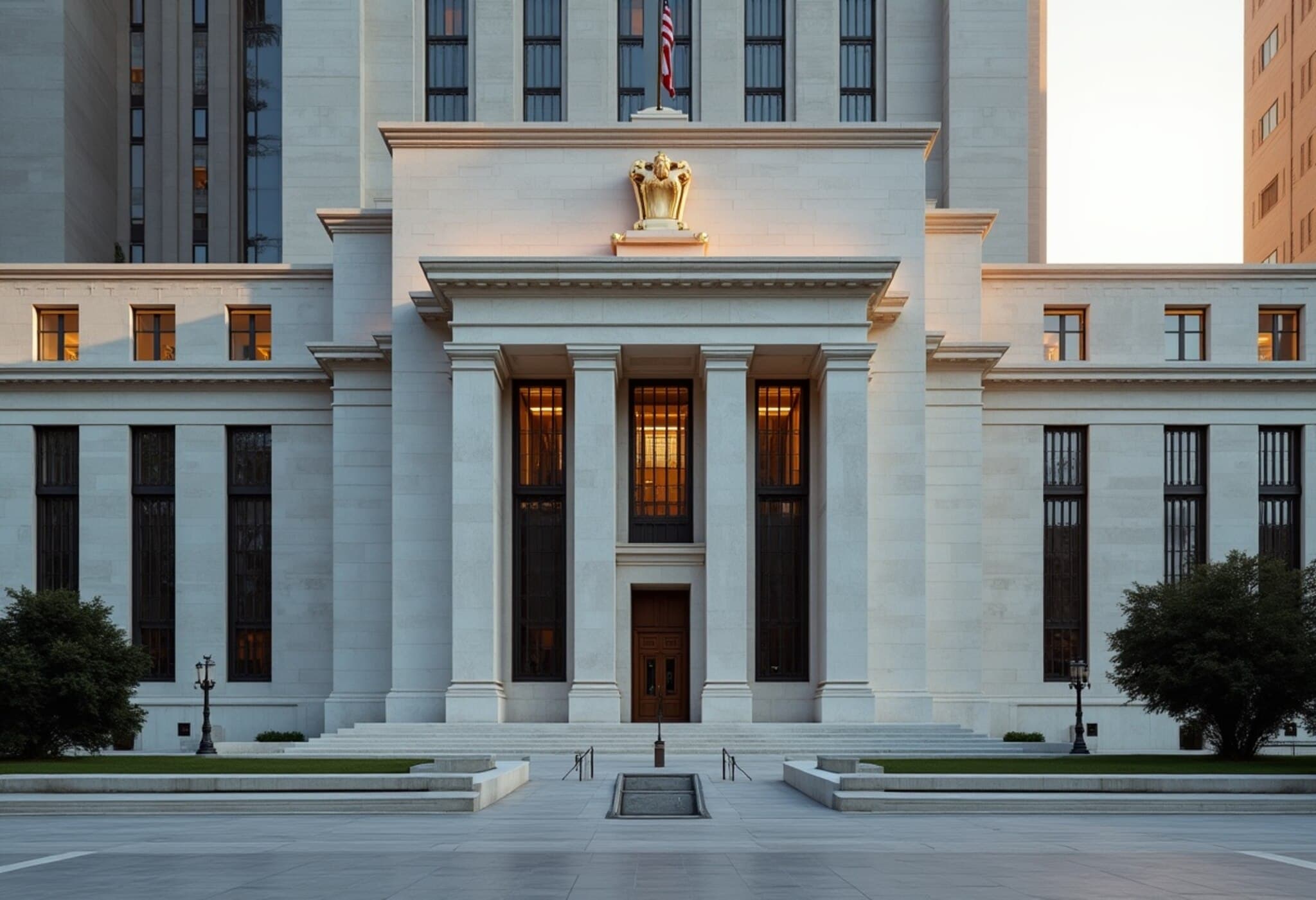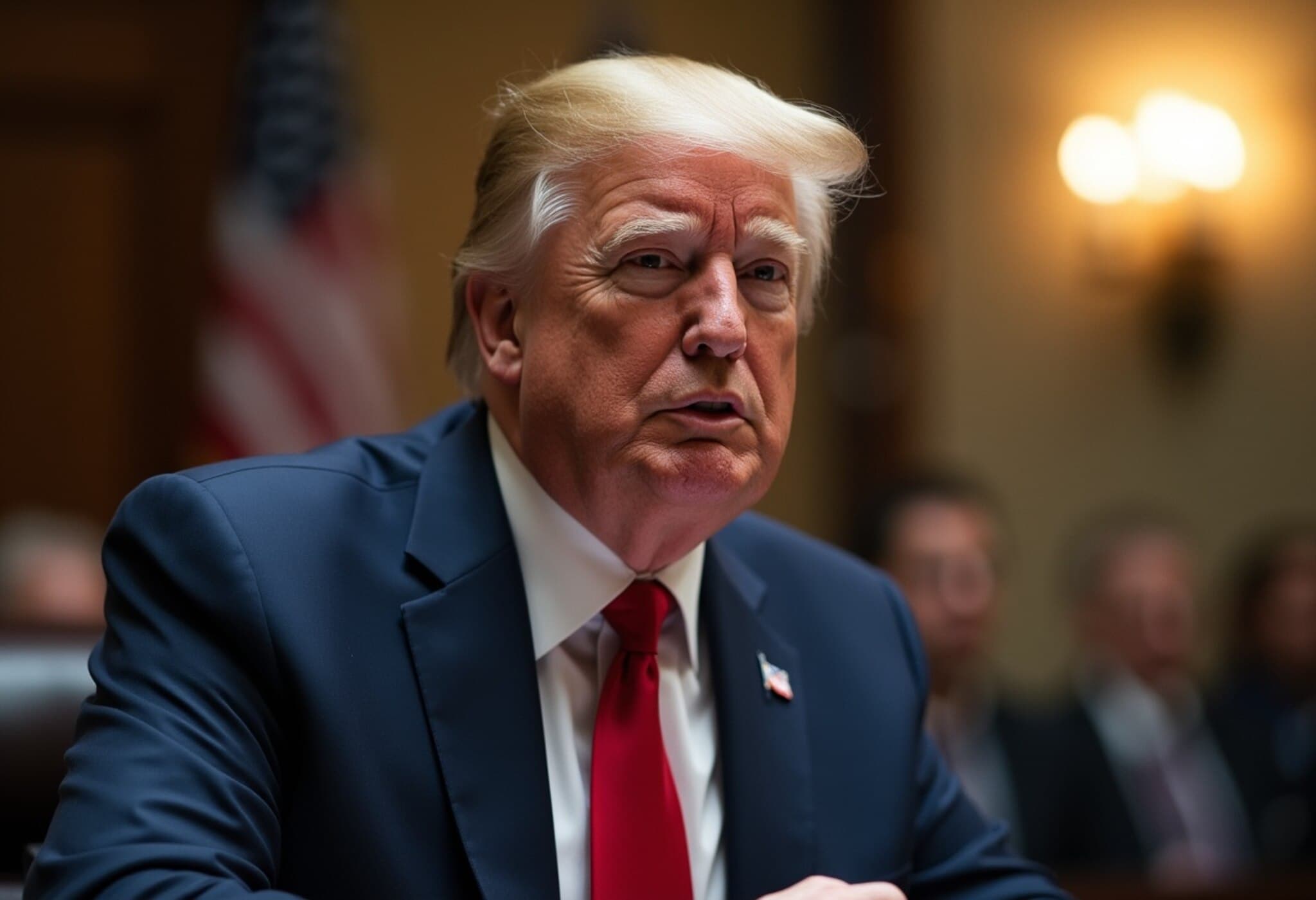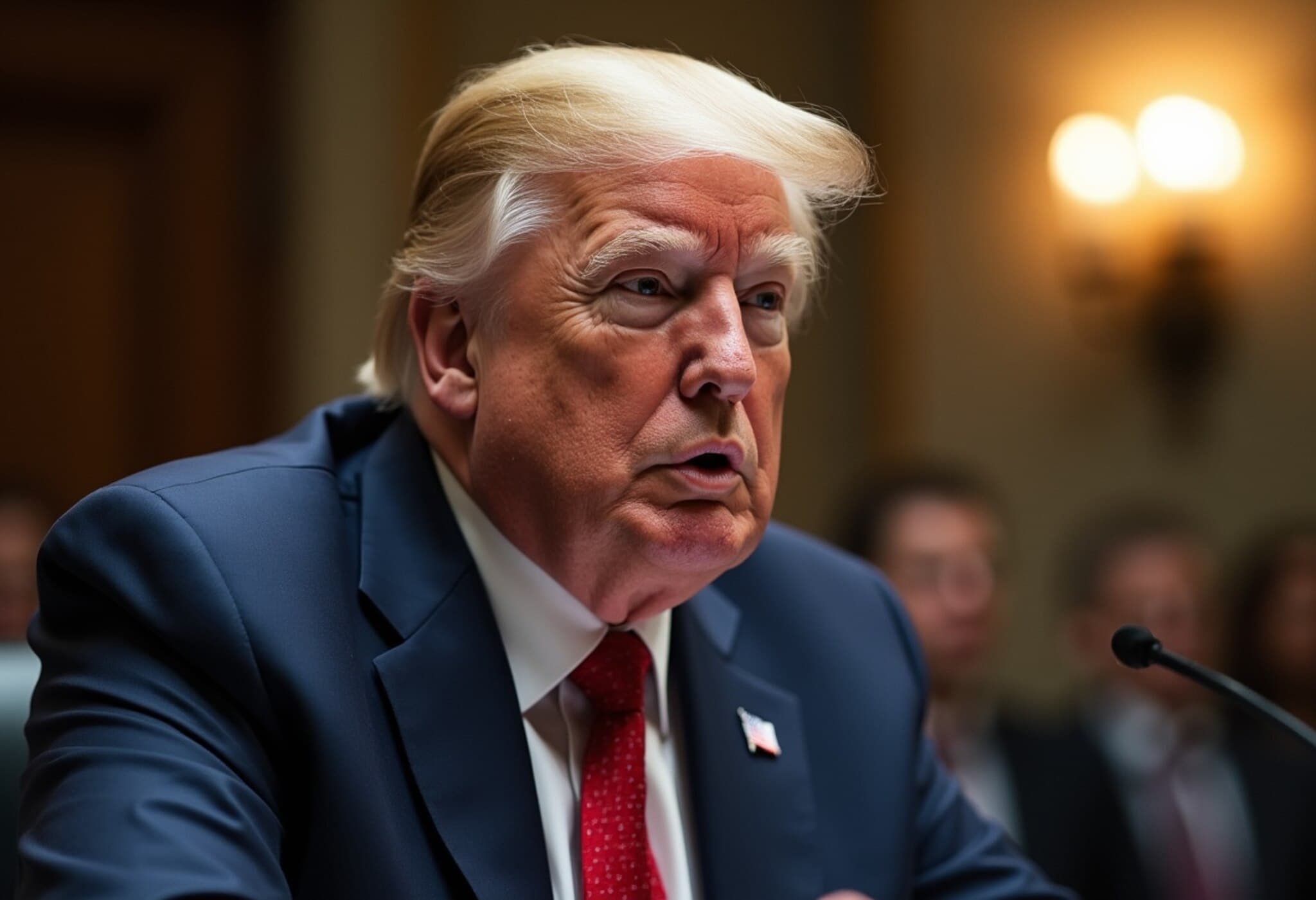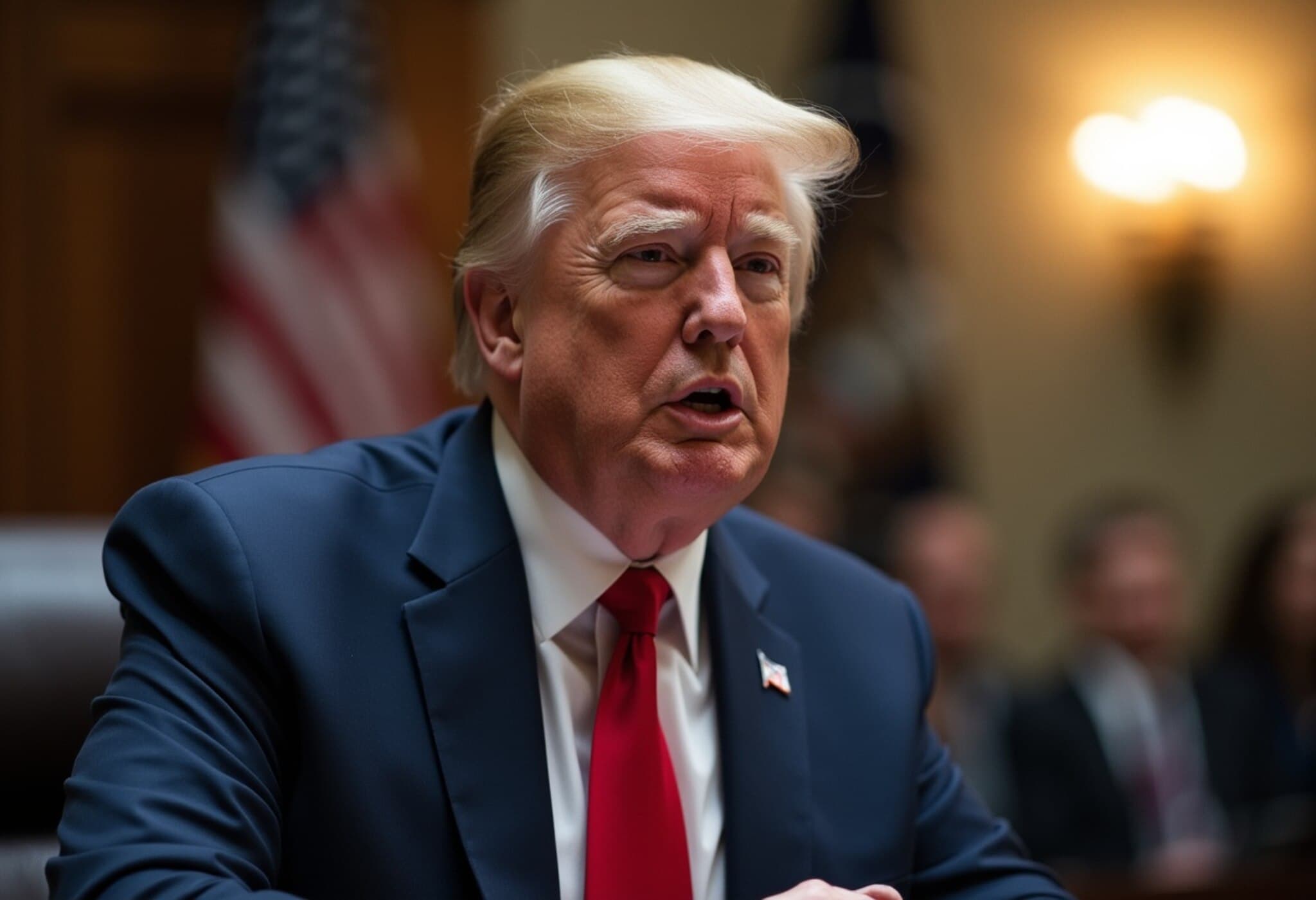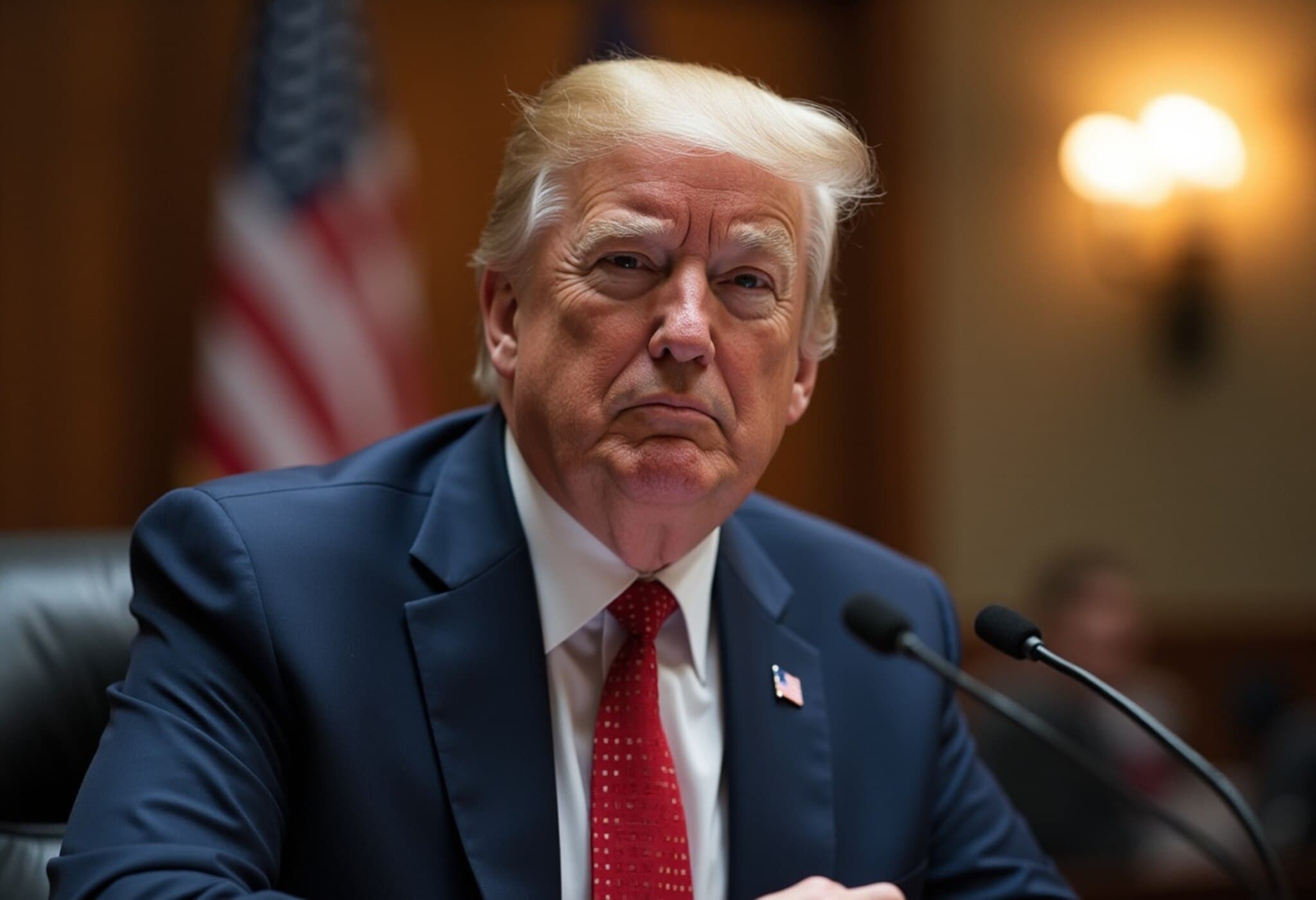Bessent Advocates for Internal Review Instead of Resignation by Fed Chair Powell
In a thoughtful move to stabilize confidence in U.S. monetary policy leadership, Treasury Secretary Scott Bessent publicly declared on Tuesday that Federal Reserve Chair Jerome Powell does not need to resign amid calls for scrutiny of the central bank's broader operations. Instead, Bessent emphasized the importance of conducting a meticulous internal review to strengthen governance at the Fed.
Context: Leadership Under Pressure, Calls for Oversight Intensify
Bessent’s statement comes in the wake of mounting criticism from political figures, most notably from former President Donald Trump, who has expressed desires for Powell’s early departure amid disagreements over monetary policy and concerns about cost overruns in Fed projects. Trump, who advocates for aggressive interest rate cuts, has criticized the Fed’s approach and hinted at wanting leadership change.
Contrasting this, Bessent, an experienced financial policymaker, offered a balanced perspective during an interview on Fox Business, stating, "There's nothing that tells me that he should step down right now. He's been a good public servant." He acknowledged Powell’s term ending in May but left the door open for him to either complete his term or leave voluntarily, respecting the chair’s discretion.
The Case for an Internal Review: Enhancing Oversight Without Political Interference
Bessent highlighted a critical issue often overlooked in public discourse—the expansion of the Fed’s roles beyond traditional monetary policy. He urged for an introspective evaluation of the Fed’s non-monetary functions, distinguishing these from interest rate decisions, which should remain shielded from political influence.
"Everything else that the Fed has done over the years has just grown and grown and grown, and this is what happens when you don't have oversight," Bessent remarked. He proposed that Powell seize this opportunity to leave a lasting legacy by refining and "right-sizing" the institution’s peripheral operations.
Monetary Policy Amid Political Turbulence
As the Federal Open Market Committee (FOMC) prepares for its upcoming meeting, expectations lean toward maintaining current interest rates, holding steady between 4.25% and 4.5%. Bessent and Powell's colleagues have exercised caution, choosing to monitor the inflationary effects of U.S. tariffs before pivoting policy.
Interestingly, Fed Governor Michelle Bowman, who has hinted at advocating a rate cut, underscored the Fed’s need for a delicate balance between independence and accountability. In a recent interview with CNBC, Bowman emphasized, "It's very important... that we maintain our independence with respect to monetary policy. But we also... have an obligation for transparency and accountability as well."
Expert Insights: Navigating Governance and Market Expectations
From a policy expert viewpoint, Bessent’s stance reflects a nuanced understanding of Federal Reserve governance—a recognition that political pressures should not undermine central bank independence, yet internal reforms are necessary to bolster trust and efficiency. In a climate of rising political scrutiny and economic uncertainty, his call may serve as a vital reminder about safeguarding monetary policy integrity while ensuring the Fed adapts to its evolving responsibilities.
Moreover, Bessent’s differentiation between monetary policy and operational oversight invites broader questions: How much should the Fed’s non-monetary functions expand? What mechanisms can ensure these areas are transparent and efficient without compromising policy independence?
Looking Ahead
As markets watch for signals on rate decisions, the Federal Reserve stands at a crossroads—not just with its monetary tools but with its institutional stewardship. The upcoming internal review, if implemented, could mark a significant chapter in restoring confidence and enhancing the Fed’s accountability framework.
Editor’s Note
The debate surrounding Jerome Powell’s leadership transcends individual tenure—it probes the evolving role of the Federal Reserve in America’s complex economic landscape. Secretary Bessent’s call for an internal review rather than resignation compels stakeholders to reconsider reform strategies that preserve the Fed's independence while ensuring robust oversight. As economic headwinds and political voices grow stronger, the Fed’s ability to adapt transparently may prove pivotal for sustaining long-term market stability.

